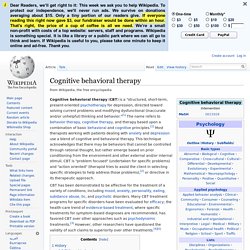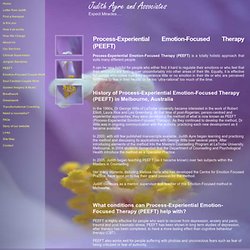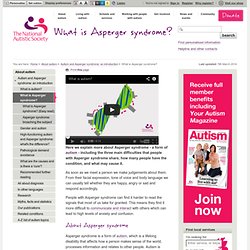

Cognitive behavioral therapy. CBT has been demonstrated to be effective for the treatment of a variety of conditions, including mood, anxiety, personality, eating, substance abuse, tic, and psychotic disorders.

Many CBT treatment programs for specific disorders have been evaluated for efficacy; the health-care trend of evidence-based treatment, where specific treatments for symptom-based diagnoses are recommended, has favored CBT over other approaches such as psychodynamic treatments.[3] However, other researchers have questioned the validity of such claims to superiority over other treatments.[4][5] History[edit] Philosophical roots[edit] Precursors of certain fundamental aspects of CBT have been identified in various ancient philosophical traditions, particularly Stoicism.[6] For example, Aaron T. Behavior therapy roots[edit] At the same time this of Eysenck's work, B.F. The emphasis on behavioral factors constituted the "first wave" of CBT.[15] Cognitive therapy roots[edit] Behavior and Cognitive Therapies Merge[edit] Judith Ayre - Process Experiential Emotion Focused Therapy (PEEFT) for individuals and couples.
Process-Experiential Emotion-Focused Therapy (PEEFT) Process-Experiential Emotion-Focused Therapy (PEEFT) is a totally holistic approach that suits many different people.

It can be very helpful for people who either find it hard to regulate their emotions or who feel that their emotions are spilling over uncomfortably into other areas of their life. Equally, it is effective for people who notice that they experience little or no emotion in their life or who are perceived by others to 'live in their heads' or be too 'ultra-rational' too much of the time. History of Process-Experiential Emotion-Focused Therapy (PEEFT) in Melbourne, Australia In the 1990s, Dr George Wills of LaTrobe University became interested in the work of Robert Elliott, Laura Rice and Les Greenberg. In 2000, with still few published manuscripts available, Judith Ayre began learning and practicing the method and discussing its applications with George Wills over several years. Find a PEEFT therapist. Contact Judith Ayre. The Makaton Charity - Home page. Asperger syndrome.
Asperger syndrome (AS), also known as Asperger disorder (AD) or simply Asperger's, is an autism spectrum disorder (ASD) that is characterized by significant difficulties in social interaction and nonverbal communication, alongside restricted and repetitive patterns of behavior and interests.

It differs from other autism spectrum disorders by its relative preservation of linguistic and cognitive development. Although not required for diagnosis, physical clumsiness and atypical (peculiar, odd) use of language are frequently reported.[1][2] The syndrome is named after the Austrian pediatrician Hans Asperger who, in 1944, studied and described children in his practice who lacked nonverbal communication skills, demonstrated limited empathy with their peers, and were physically clumsy.[3] The modern conception of Asperger syndrome came into existence in 1981[4] and went through a period of popularization,[5][6] becoming standardized as a diagnosis in the early 1990s.
Classification Causes. What is Asperger syndrome? Here we explain more about Asperger syndrome - a form of autism - including the three main difficulties that people with Asperger syndrome share, how many people have the condition, and what may cause it.

As soon as we meet a person we make judgements about them. From their facial expression, tone of voice and body language we can usually tell whether they are happy, angry or sad and respond accordingly. People with Asperger syndrome can find it harder to read the signals that most of us take for granted. This means they find it more difficult to communicate and interact with others which can lead to high levels of anxiety and confusion. About Asperger syndrome Asperger syndrome is a form of autism, which is a lifelong disability that affects how a person makes sense of the world, processes information and relates to other people.
Asperger syndrome is mostly a 'hidden disability'. Social communication social interaction social imagination. Three main areas of difficulty Love of routines. Asperger - Selected Content.